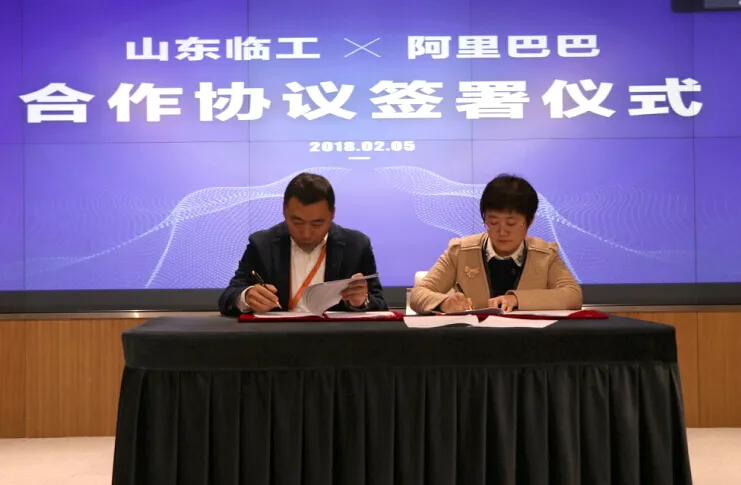
Amey Consulting has won a new data science contract with Highways England. This will see the firm establishing a data science service and working closely with Highways England’s chief data office. The partnership will provide a framework and the latest tools and will deliver several data science projects to demonstrate the benefits of a data-driven approach.
The service is intended to allow Highways England to identify and deliver data science projects. This is expected to reveal insight from data, which can then be used to implement and embed sustainable, data led business improvement into the organisation. This approach is expected to deliver benefits in safety, customer experience and delivery and forms a key part of their new Information Vision & Strategy.
Alex Gilbert, managing director of Amey Consulting, said “this is a fantastic result for the business, and we’re excited to be working closely with Highways England and playing an important part in delivering their Information Vision and Strategy. It builds on a successful year for our Strategic Consulting team, who also secured major opportunities with Network Rail as part of their Intelligent Infrastructure programme and the nationwide roll-out of our Quartz platform to improve train performance across all routes.”
Jon Drea, head of Data Science for Highways England, said, “I am delighted to bring Amey Consulting’s data science expertise to Highways England. They are developing the service to transform processes for the better across our organisation. By unlocking the power of information, we can fulfil our purpose of connecting the country through better journeys.”
As part of the contract, Amey Consulting is recruiting new data science professionals into the sector, expanding its team of 140 and upskilling the industry in the process.







